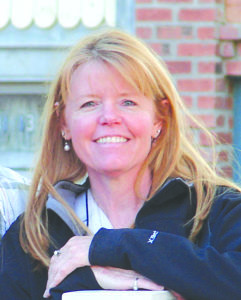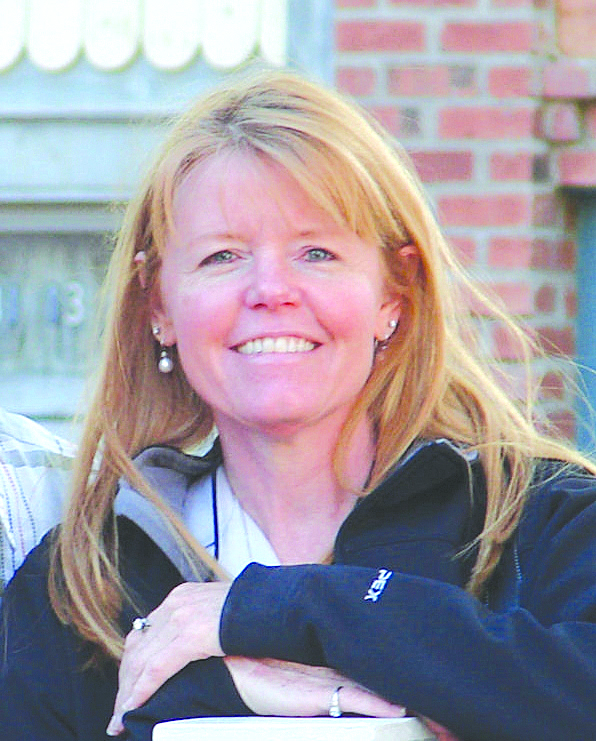As stated previously, research is always being done on hearing loss.
Conductive Hearing Loss
The ear can be divided into three sections: outer, middle and inner. The outer ear consists of the pinna, ear canal and eardrum, while the middle ear is comprised of the middle ear cavity and ossicles (bones). Soundwaves are captured by the pinna and filtered to through the ear canal to the eardrum. The eardrum vibrates, stimulating the ossicles, which in turn act like pistons that conduct the vibrations to the cochlea. If a breakdown occurs anywhere along this pathway, it is referred to as a conductive hearing loss. Certain types of conductive losses can be treated.
Perhaps the simplest version of a conductive hearing loss is one caused by an ear infection. The soundwave travels down the ear canal, but meets resistance from the fluid in the middle ear cavity. Thus, the signal becomes weaker and more difficult to hear. A doctor can prescribe medication that clears up the fluid and hearing returns to normal. Chronic ear infections can be addressed with pressure equalization tubes.
In other situations, the ossicles may be affected. They can become weak or fused in certain areas. For these patients, surgery is an option. A surgeon can replace the affected bones with prostheses. Once the bones are moving normally again, the soundwave can resume normal transition. However, it should be noted that some surgeries may not be successful, and that even successful surgeries do not guarantee normal hearing. But they can offer improvement.
In some cases, patients can have a mixed hearing loss. This means the hearing loss affects both the middle and inner ear. Again, there is a chance that the middle ear condition can be treated, but the inner ear condition remains. Thus, there would still be residual hearing loss after treatment of the middle ear, but it would not be as severe.
Sensorineural Hearing Loss
The inner ear consists of the cochlea and the auditory nerve. The cochlear is filled with fluid, which vibrates when stimulated by the ossicles. This fluid then causes stereocilia, or hair cells, to sway back and forth. Swaying releases chemicals that are converted into electrical impulses, which travel up the auditory nerve to the brain. Hearing losses in this area are classified as sensorineural (sensory cells or the nerve). Sensorineural hearing loss is generally untreatable and is managed with a hearing aid or cochlear implant.
Why is it untreatable? Stereocilia can become damaged or die due to natural aging, noise exposure or strong medications. Genetics or syndromic conditions can also be a cause. At any rate, once the stereocilia are gone, they cannot regenerate. Thus, while the soundwave travels along the auditory pathway appropriately, it is not able to be transduced into a nerve signal. In essence, the signal hits a dead end.
While research is always being done, scientists have yet to successfully restore hearing in humans. One issue is sustainability. The stereocilia can be artificially grown, but then die off again. Another difficulty is that the auditory system is very intricately designed. The new stereocilia are unable to properly communicate with the auditory nerve, rendering them ineffective.
However, there is a small subset of sensorineural hearing losses that can sometimes be medically treated: sudden losses. Sudden losses happen very immediately (rather than over time). Studies show that steroid treatment can help to reverse the effects of a sudden loss. However, it is only about a 33% chance. And to have the best chance of working, the medication should be administered within 72 hours. If you experience a sudden loss, call an ENT immediately.
Hope on the Horizon
As stated previously, research is always being done on hearing loss. Researchers recently developed a test that can detect whether babies have a genetic change that makes them more susceptible to hearing loss if treated with the antibiotic Gentamicin. To be clear, they are preventing damage, not repairing it. Still, it offers hope for greater developments in the future. QCBN
By Jeff Lane, Au.D.
Trinity Hearing Center is located at 1330 N. Rim Dr., Suite B in Flagstaff. For more information, visit the website at TrinityHearing.net. Jeff Lane is a doctor of audiology with a passion for improving the lives of others. Dr. Lane may be reached at 928-522-0500 or at audio@trinityhearing.net.










